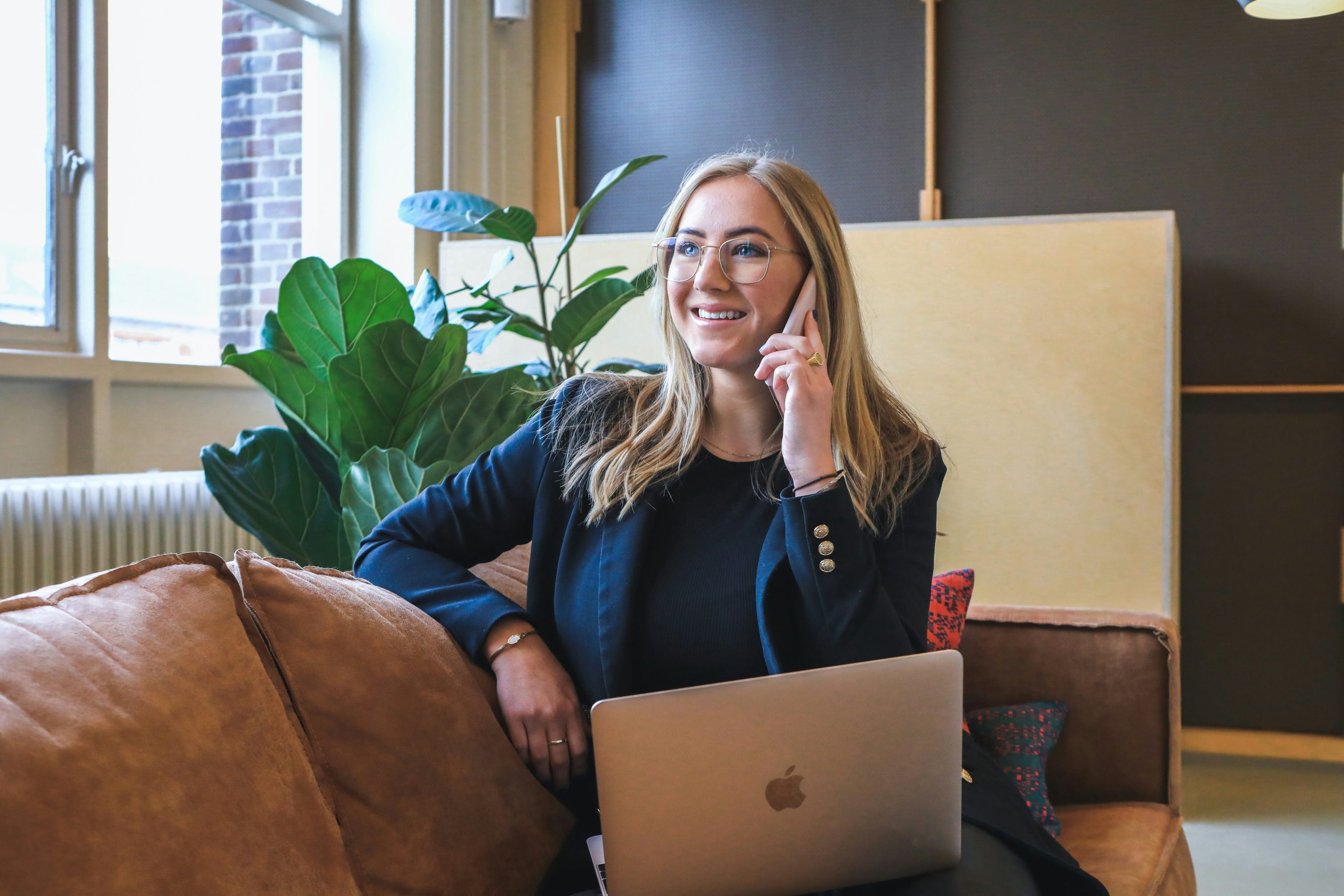Legal AI can pose both a challenge and an opportunity for legal risk and compliance professionals. As a new technology, it has unknown risk factors, like reliability, data security, etc. However, it also has the potential to streamline processes like due diligence and anti-money laundering checks. On Episode 25 of The UNCOVER Pod, I had the opportunity to speak with Andrew Cheung, the Global General Counsel at Pinsent Masons, about the tool he is developing in partnership with Xapien to assist legal risk and compliance professionals. Read on to find out more.
“What we’re trying to do is create a large language model automated due diligence system. At the moment, we’ve got about 15 people doing anti-money laundering checks in the UK. We’ve got another nine people outside of the UK who are running those checks, and they’re all doing it manually. In my view, having looked at and worked with these processes for years, it’s unbalanced. What happens is that you put all your resources into matter opening and intake, but that leaves you with very little resources for ongoing monitoring, understanding risk, or risk advisory type work, and you have to treat every client the same. They go through the same process and amount of resources until they identify as high-risk issues, and then they have high levels of resources.
We do about 2,000-4,000 clients a year. Each of those 4000 clients requires a human being to look at their case, do the research, and write up the notes. Of those 4000 clients, only about 6% of them are high-risk. We’re grinding this process out. There’s a delay of around eight days while that happens. A lot of the time, that process has limited to no value because it’s just going through the steps because you have to, which wastes time and resources.
When we were looking at AI as a firm, we were looking at what we’ve termed foreground AI risks and opportunities and background AI risks and opportunities. What I mean by that is, how could we use AI to improve the running of the firm by making things better, quicker, more efficient, safer, etc? On top of that, how can we use AI on client-facing things to make things quicker and better? Now, foreground AI is a bit of a minefield because it is a direct threat to law firms’ traditional business and pricing models, their structure, and their profit-sharing arrangements. The whole thing is at risk of AI, but it’s also a tremendous opportunity.
Getting that balance between risk and opportunity is hard, but in many ways, there is less risk associated with background risk because you’re just looking at processes and thinking, ‘We need to improve that’. So I looked at AI, AML and master opening. I could see with AML that it takes an average of 14 days to do that due diligence process. If you’ve got 3000 clients taking about 15 days on average, that is 2.1 million hours of delay. That seems like a lot, doesn’t it? And there is very little return on those 2.1 million hours.
So, I thought this was the right place to invest in, and that’s how we ended up doing the project with Xapien. They have a fantastic tool that does risk intelligence which is very good for individuals. It looks at ESG risk, financial crime risk, and sanctions by scraping the entire known internet. It puts it in a very easily digestible and cross-referenceable format. It’s a fantastic tool, but it wasn’t very good for corporates because it wasn’t doing due diligence. Our collaboration is based on turning it into an automated due diligence tool that can do the first acquisition of as much information from public sources and corporate information aggregators like Moody’s assess it for risk. We’re at the point where the system can go and get any extra information which it needs to verify, depending on the level of risk, and then do a secondary risk assessment and serve that up to the AML analyst again.
If something is low risk, like a subsidiary of Deutsche Bank, we just pass it through the system. What that does is release 80% of the capacity of the AML team that is currently devoted to matter onboarding so that they can focus on high-risk projects. They can start advising our partners about any high risks that they may be taking on if they accept those clients. It also increases the perception of the value of the AML process because, at the moment, it is a painful administrative hurdle. Now, if there is a low-risk client, we can open their case almost instantaneously.”
To find out more about automating your due diligence process and what other AI tools are available within the legal sector, tune into The UNCOVER Pod here.










